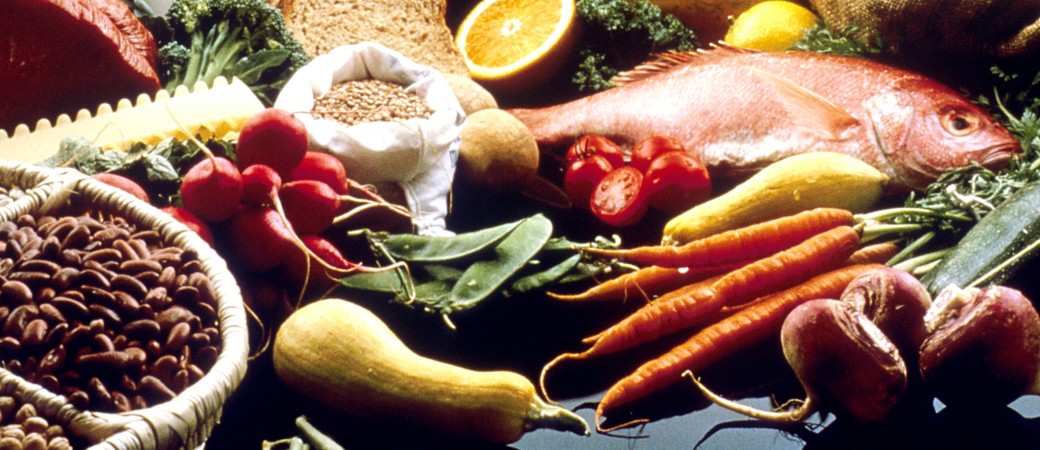
It’s been a journey!
Little did I know that back in 1996 when my boyfriend (now husband) bought me a diet book, it would change the entire course of my life! Both my health and my career had a change in direction.
What book had this power you are probably wondering?
The book that changed my life was ‘Enter the Zone’ by Barry Sears PhD. I’ve put my story below because the journey has been one of discovery and learning, but first, let me explain a little about why this new website. Why I’m moving on from ‘paleo & zone nutrition’.
In 2015 I completed a Post Graduate Diploma in Science at Massey University in New Zealand. The study of nutrition requires one to be open-minded, look at clinical evidence, and make judgments based on that evidence.
I no longer want to be seen as purely a Zone diet or Paleo diet nutritionist. Labels unfortunately have baggage. Misinformed bloggers give inaccurate and often false representations of diets. Paleo for example is often interpreted as high fat, high protein. That it’s about eating like a caveman when in reality it is choosing a diet based on evolutionary biology. Paleo is heavily rule based and there are lists of foods you can eat and foods that are banned. I don’t believe this is necessary or healthy.
This rule-based eating and misinterpretation of the spirit of paleo eating have given rise to such clueless interpretations as ‘bacon is the best meat you can eat, and you can eat any amount of it’, and ‘As long as it is made of paleo ingredients – it’s paleo’. I do NOT want to be associated with such nonsense. Most of the clinical studies using the paleo diet are not low carb, nor high fat, nor are they mostly meat. (See Frassetto studies).
The combination of a paleo diet with zone diet ratios was miraculous for my health (I’m not using miraculous lightly). This does not mean others will have the same results or that it will be the best diet for them. We each have different disease processes, metabolic issues, activity levels, and genetic variances which means we need to find what works best for us.
I’m a firm believer in N=1, this just means the number in the study is one, and that one is often oneself. I’ve tried multiple diets myself. I know what works for me – to date, this does not mean I have found the ultimate dietary answer. I’ll keep looking, and keep experimenting in order to keep in the best mental and physical health. Of course, as we grow older our dietary needs may change. I know for example I need more protein now with both my age and my sport; powerlifting.
You too should experiment to find what works for you.
Despite the labels – there are some similarities to diets that promote health:
- Foods with low human interference are prioritised
- They are anti-inflammatory, i.e they do not promote unhealthy inflammatory responses and reduce chronic inflammation
- They look after your microbiome, encourage the growth of diverse species with a healthy balance of bacteria
- They do promote or allow excessive caloric intake
- Are high in nutrients
- Contain few if any ultra-processed foods
- Manage hunger and satiety, so you don’t overeat
- Provide all essential nutrients without the need for supplementation
- Are not excessive in rules – i.e. good foods and bad foods with little research supporting those rules
Your diet could be plant-based, Mediterranean, Ancestral, or pescatarian, it could be low or high carb, low or high fat. It may or may not include grains. What is important is that your health and energy markers are maintained on your diet. If not – it may not be the right diet for you.
This blog will therefore not be limited to any particular diet label. I’ll talk about the science, and what makes the healthiest human diet, how we can individualise for different health conditions. By the same token, I’m not going to jump onto dissing diets just because they have a label, or because they are promoted by a celebrity. Nutrition science is moving all the time.
We need to be open-minded and constantly informed by both science and anecdotal reports of what works for many individuals.